S2, Episode 13: Informed Consent and Breast and Chestfeeding
In this episode, Hannah and I discuss
Why is it important that evidence-based information about feeding is available?
While choosing to feed however is best for you is a choice, it is only truly a choice when there is informed consent.
Unfortunately, in the US, informed consent is not always there, especially for marginalized communities. We lack the social support and power that allows people to truly make the best decision for themselves.
Marginalized communities are more targeted by formula companies, which also makes informed consent and choice harder. The choice is more influenced by that marketing than we realize.
What misconceptions do you hear about feeding?
The biggest misconception is that feeding is as simple as an individual choice because we make choices based on social and individual context.
Another misconception is that formula and human milk are equivalent, when they are not. That doesn’t mean people should never use formula, but it’s harmful to informed consent when they are considered equal.
A common misconception is for parents to believe they have a low supply when their baby wants to eat often, but it is normal for babies to want to eat.
What can a pregnant person do to prepare to body feed?
Taking a class is an important way to get information. A class won’t cover everything, but it will give you essential knowledge. It will help people prepare for what feeding is like and how to prepare.
What are the most common struggles you see parents face in the early days?
The biggest struggle is learning your child and figuring out their needs. This can be hard because most newborns want to be at the chest or breast. The struggle comes with holding baby and feeding them while healing and resting.
The next struggle is worrying about supply, but for the first few days, babies will want to be held and fed a lot. After that, working on latch and supply can be done with a lactation consultant.
How does someone know if they have a good latch?
Pain is a big indicator that the latch is wrong. If you have any kind of pain, that is a sign that you need help, so you should reach out to a lactation consultant. If you don’t have access to a lactation consultant or educator, reach out to a doula. A painful latch can set back your milk supply and cause a week or two of recovery.
What should parents expect for the first few weeks of feeding?
For the first three to five days, for a full-term, healthy baby, infants want to feed often - more than the commonly-stated every two-to-three hours. Expect that baby will be awake and wanting to eat and be close to a human, around that clock.
After the first few days, people might feel engorgement, which can feel like your breasts or chest is full and hard, sometimes hot. This can be overwhelming, but it indicates that milk is becoming transitional.
After that, if the baby is being fed on-demand, feedings should start to become spaced out but not on a perfect schedule.
If you are exclusively nursing, when should you start to pump and introduce a bottle?
If feeding is going well, you don’t need to use a pump before three to four weeks. You can start with one pumping session in the morning: feed your baby then pump 15 - 20 minutes later. Be consistent about the time.
You should introduce a bottle around four weeks; babies will not have nipple confusion, but they will start to prefer a bottle if you don’t make the flow of milk from the bottle mimic the flow of a nipple. Slow-paced bottle feeding is important.
What are your favorite resources?
Enjoy the episode!
Gigi is a childbirth educator, doula, newborn care specialist, and lactation educator. She’s also a mother to three children. Gigi believes there isn’t one perfect way to have or care for babies; she empowers families, streamlining the newborn learning curve, so they can thrive in the fourth trimester and beyond.


